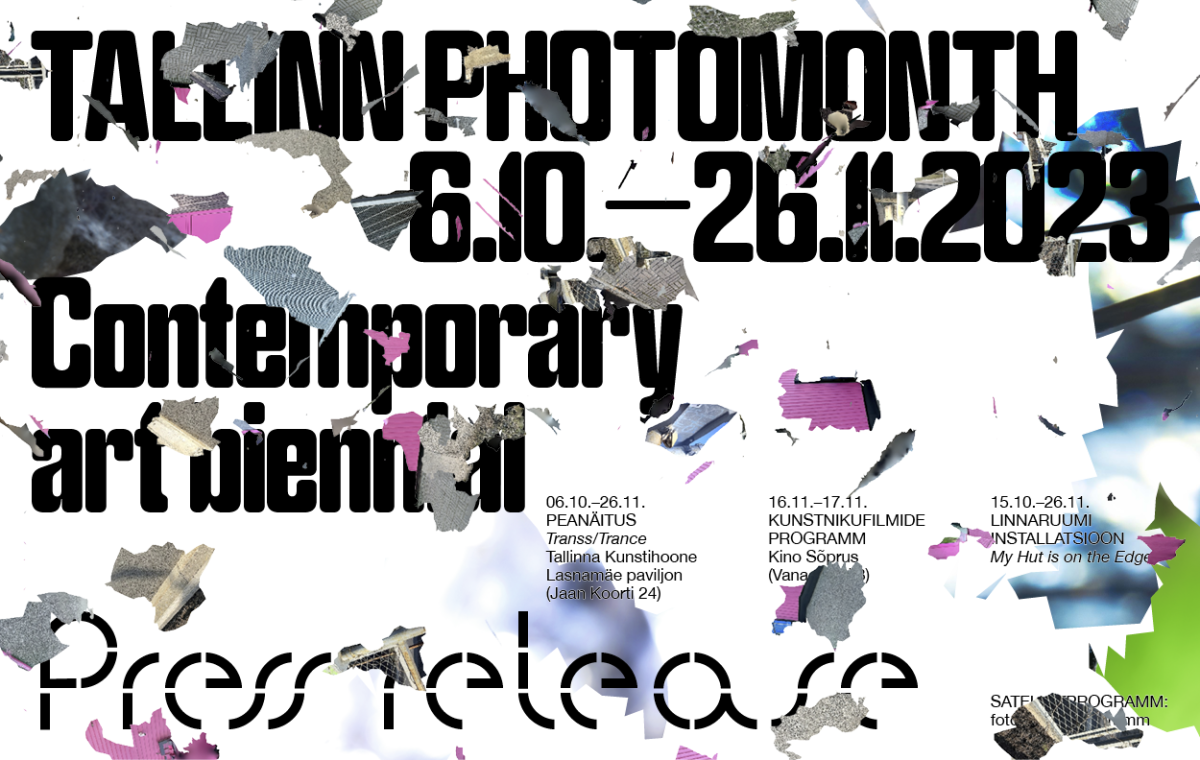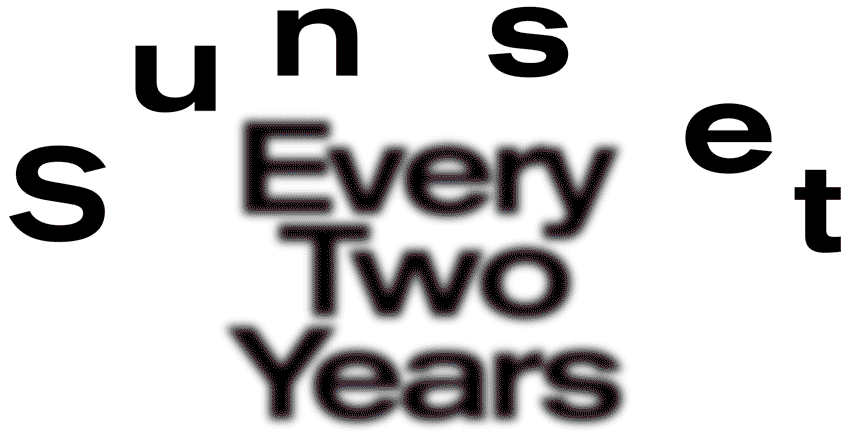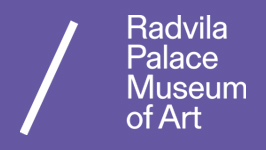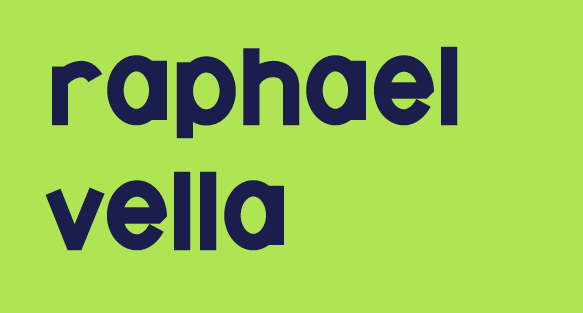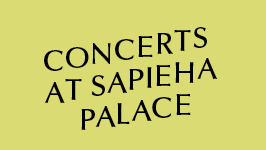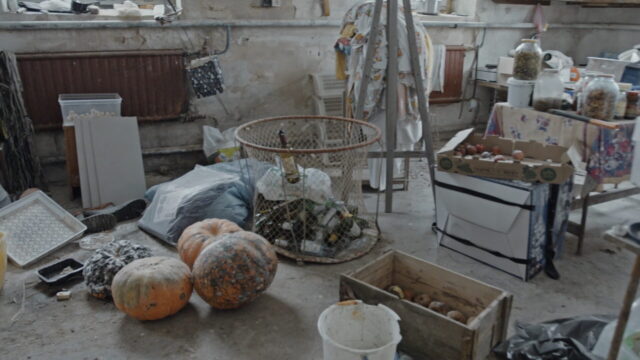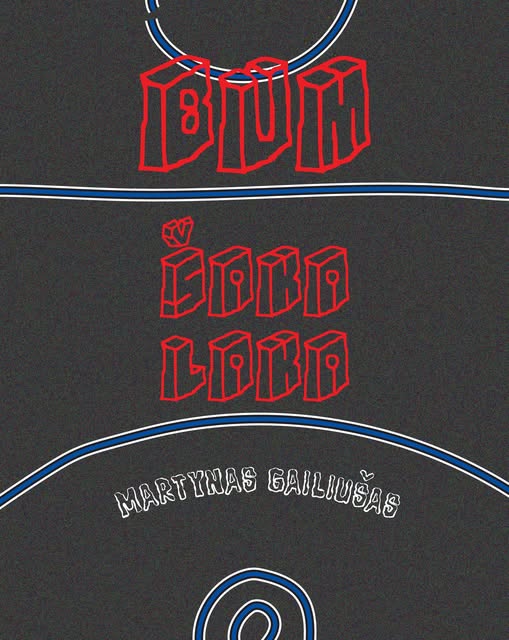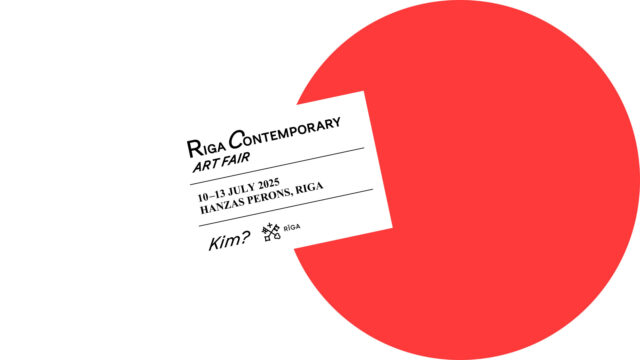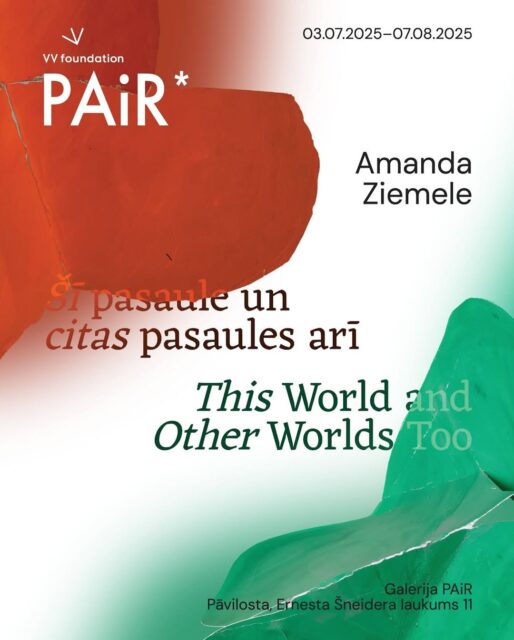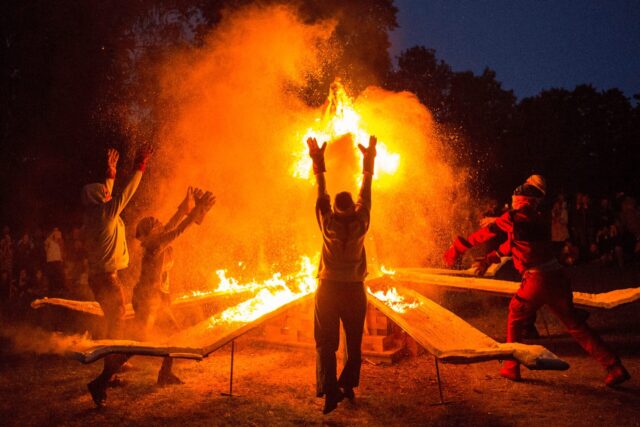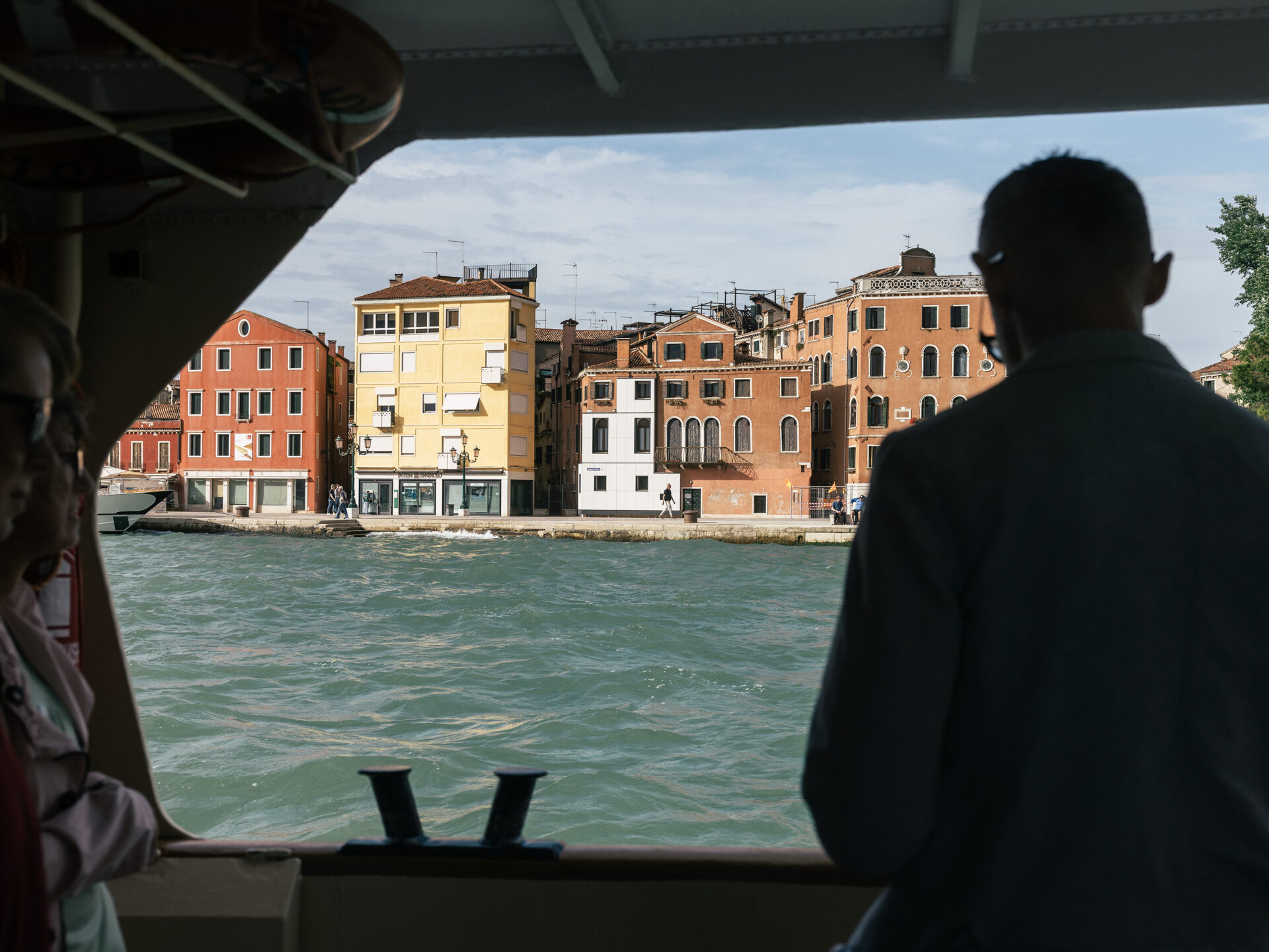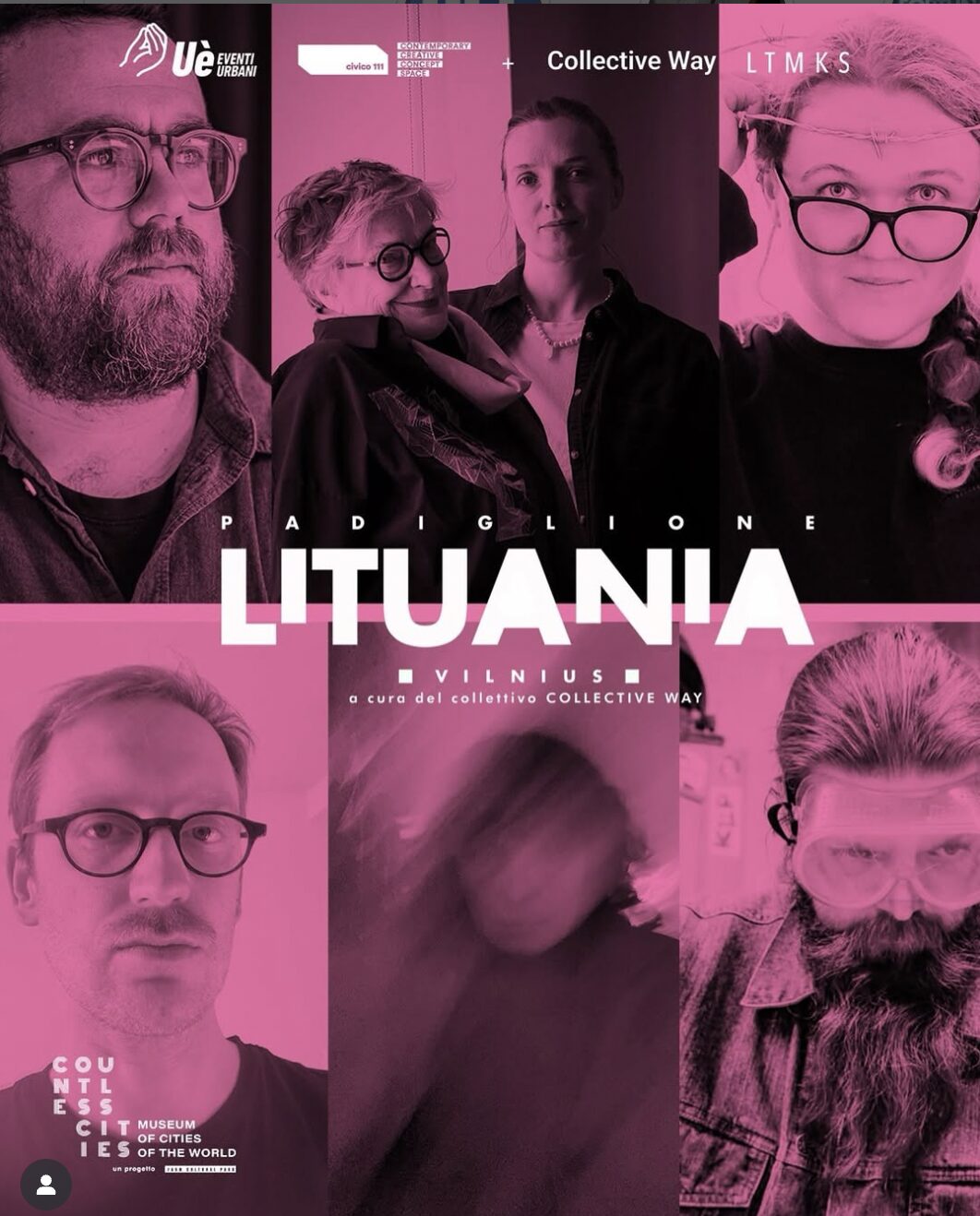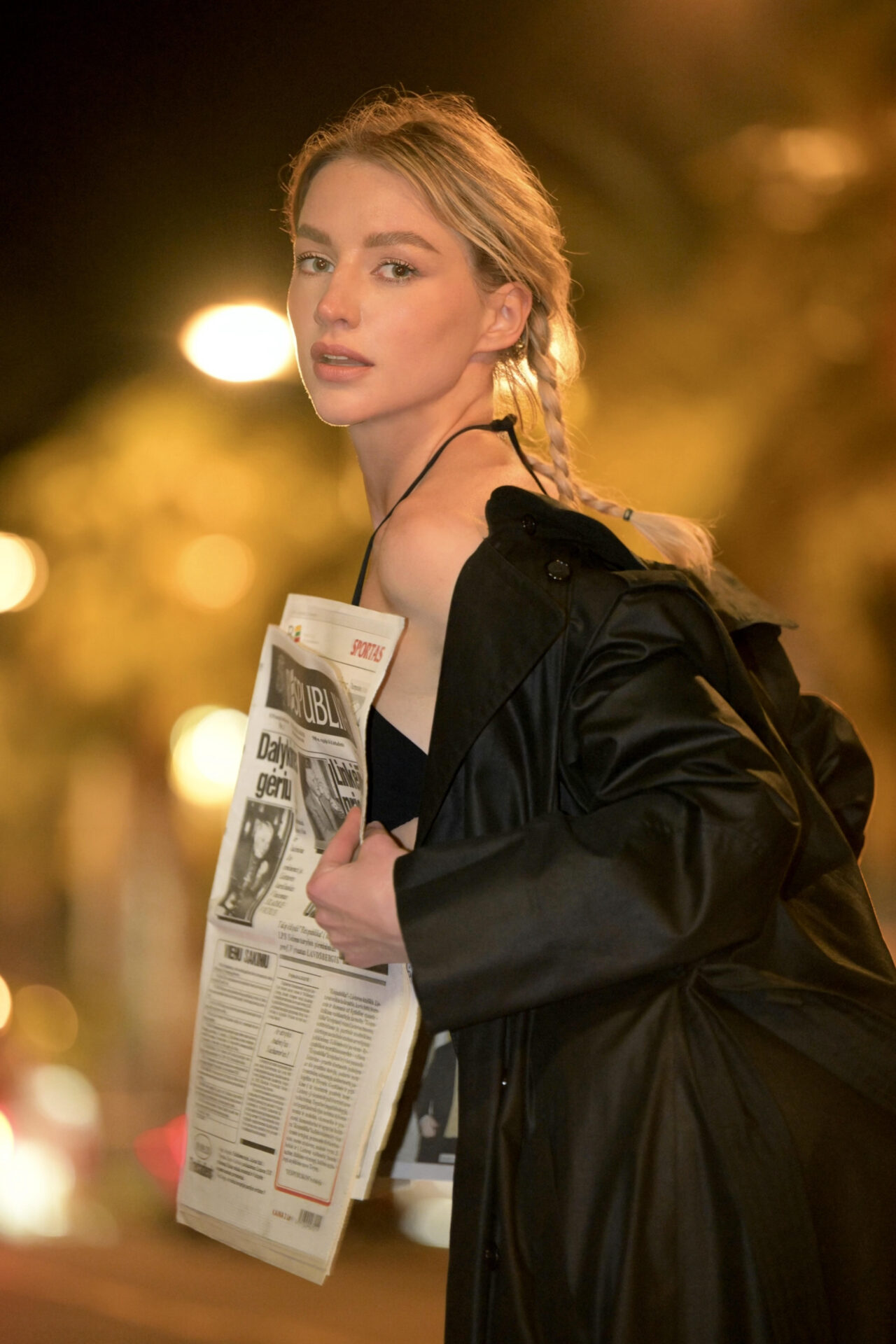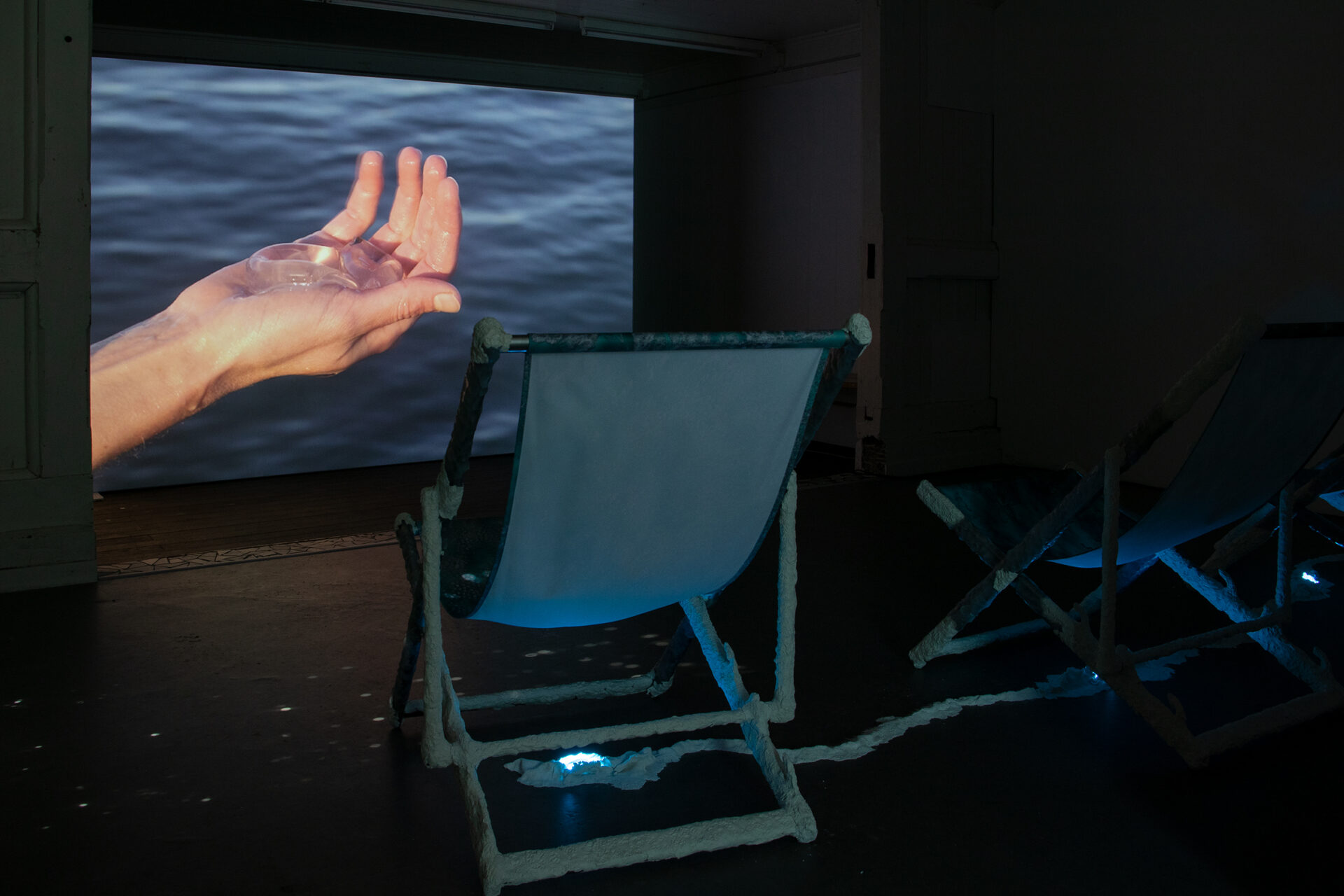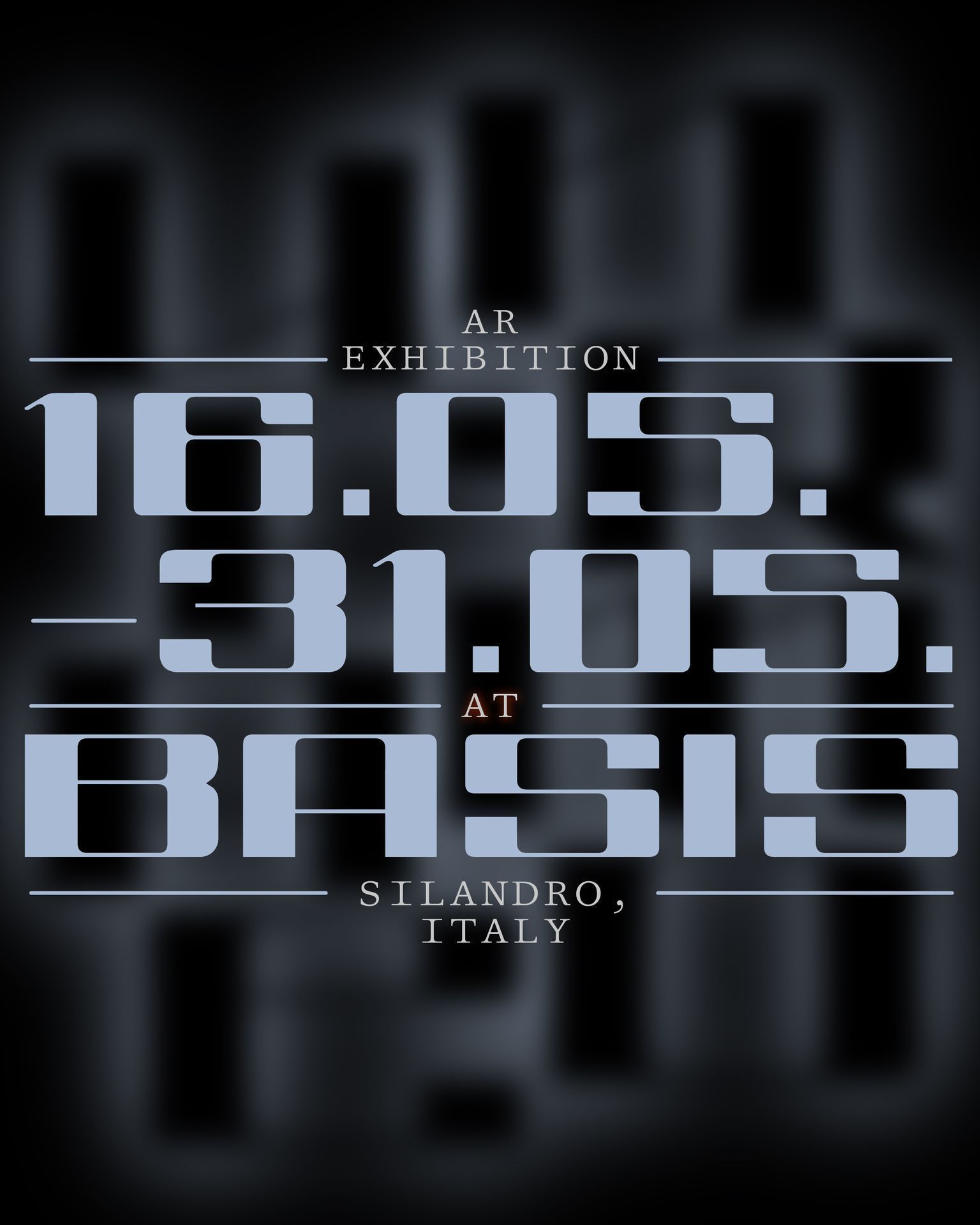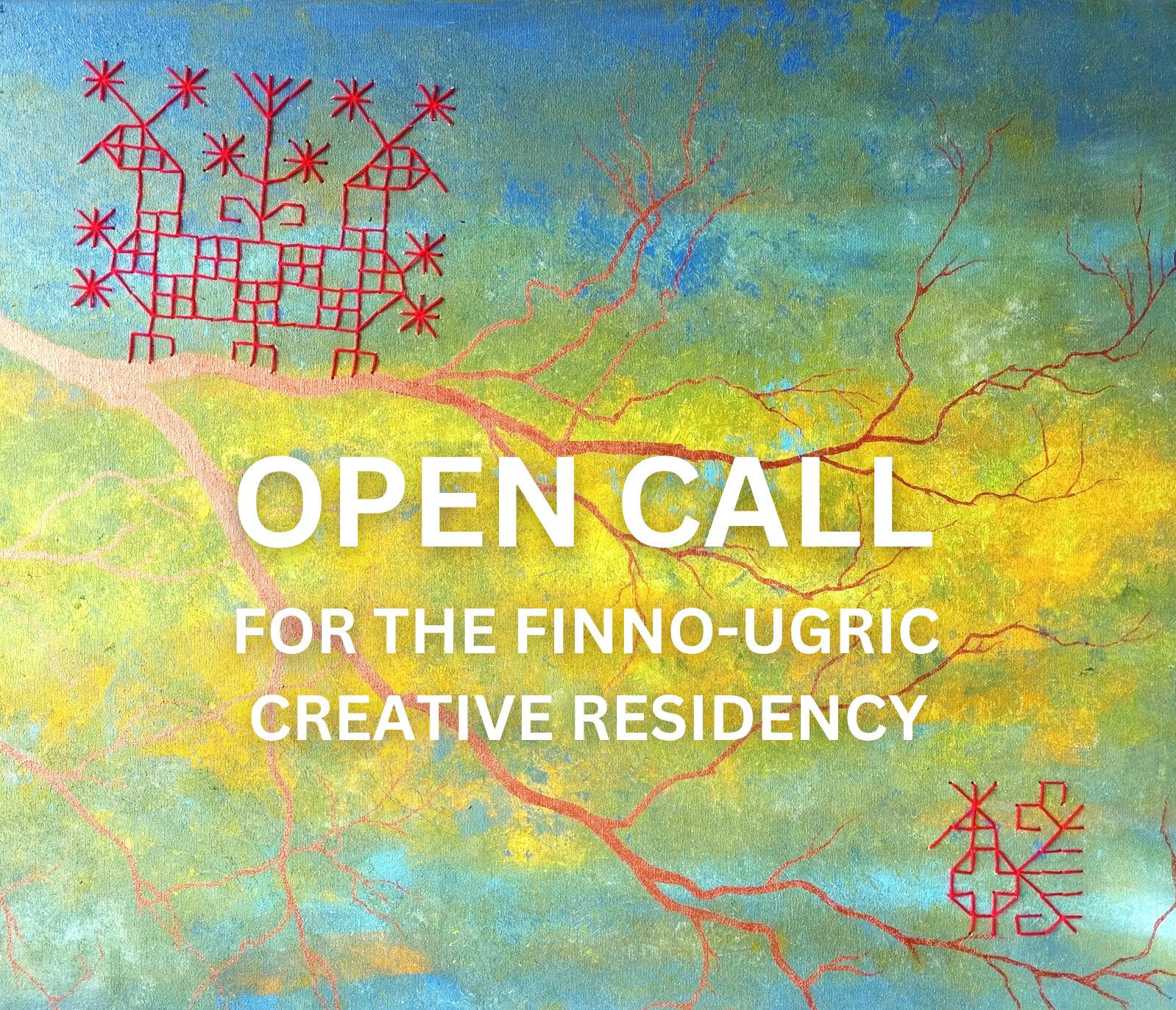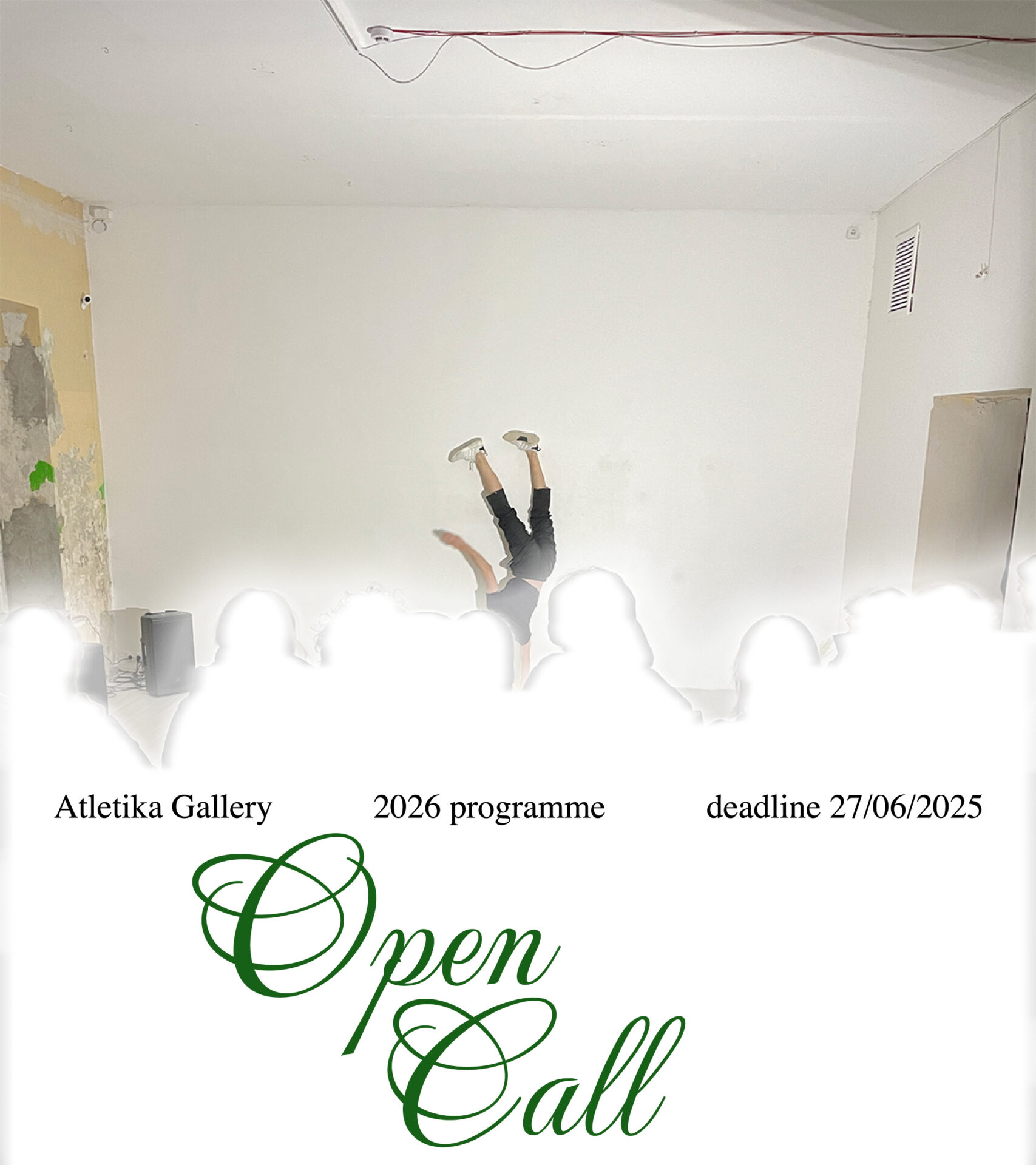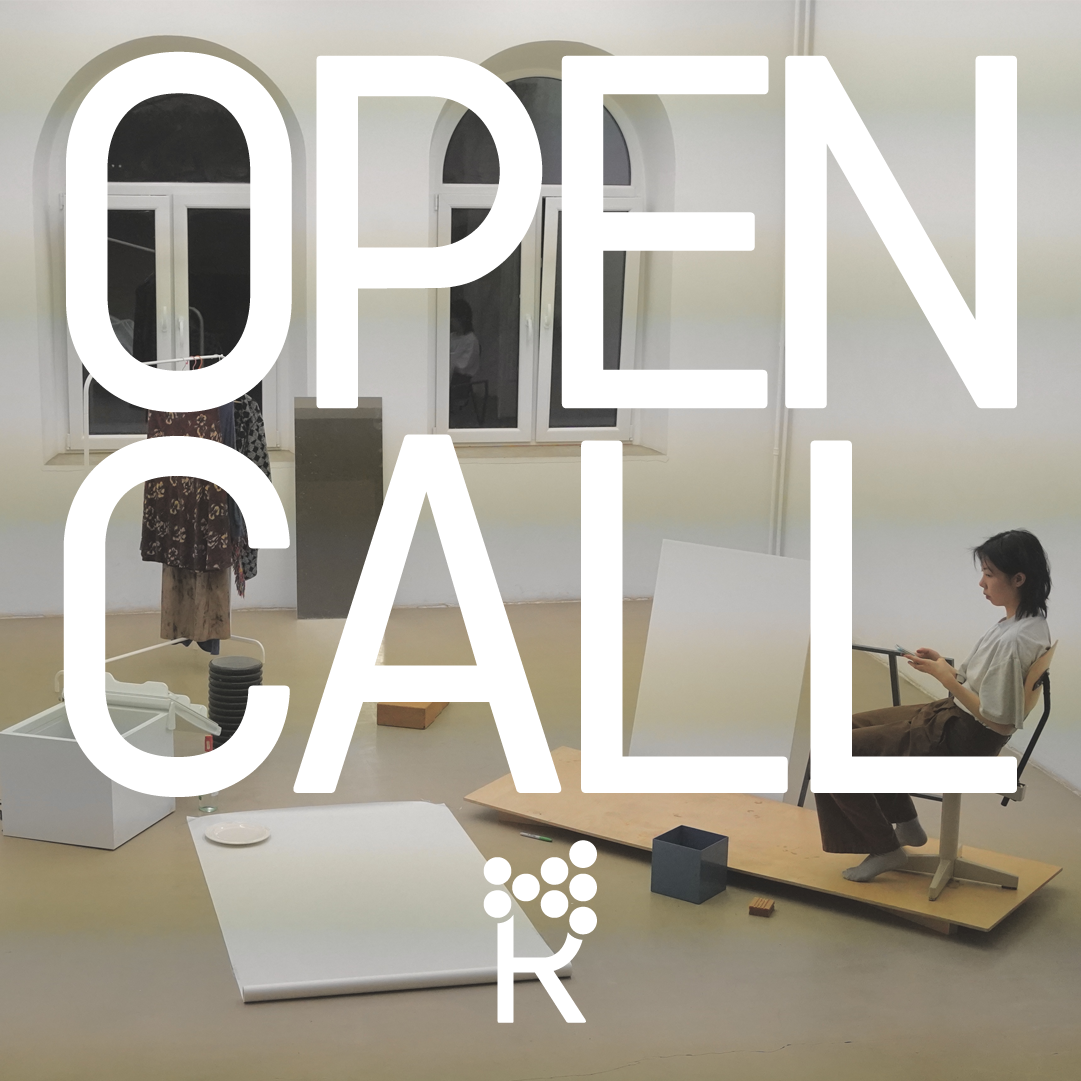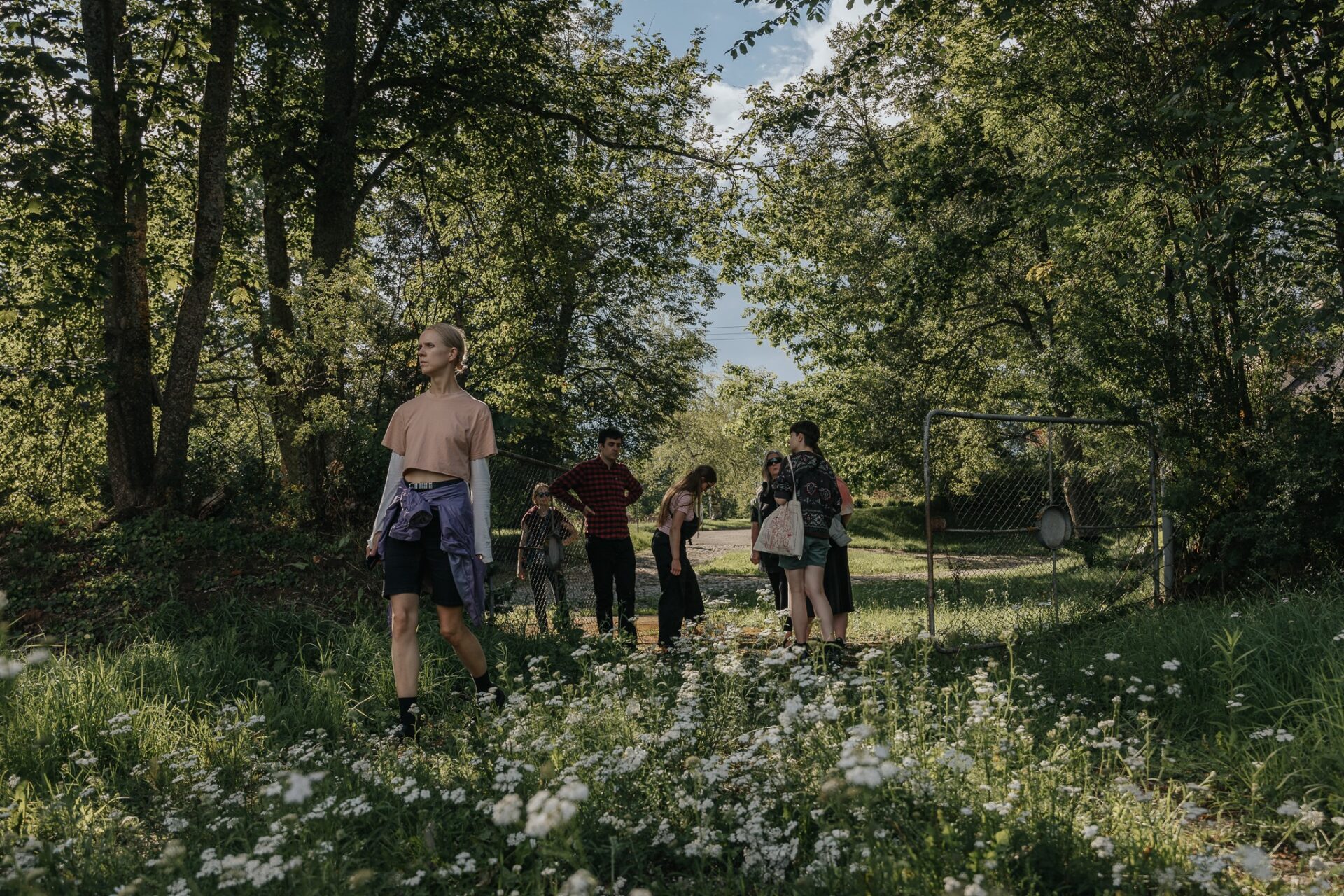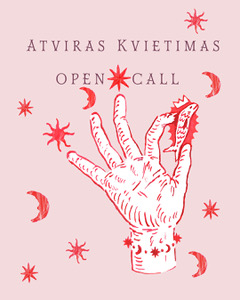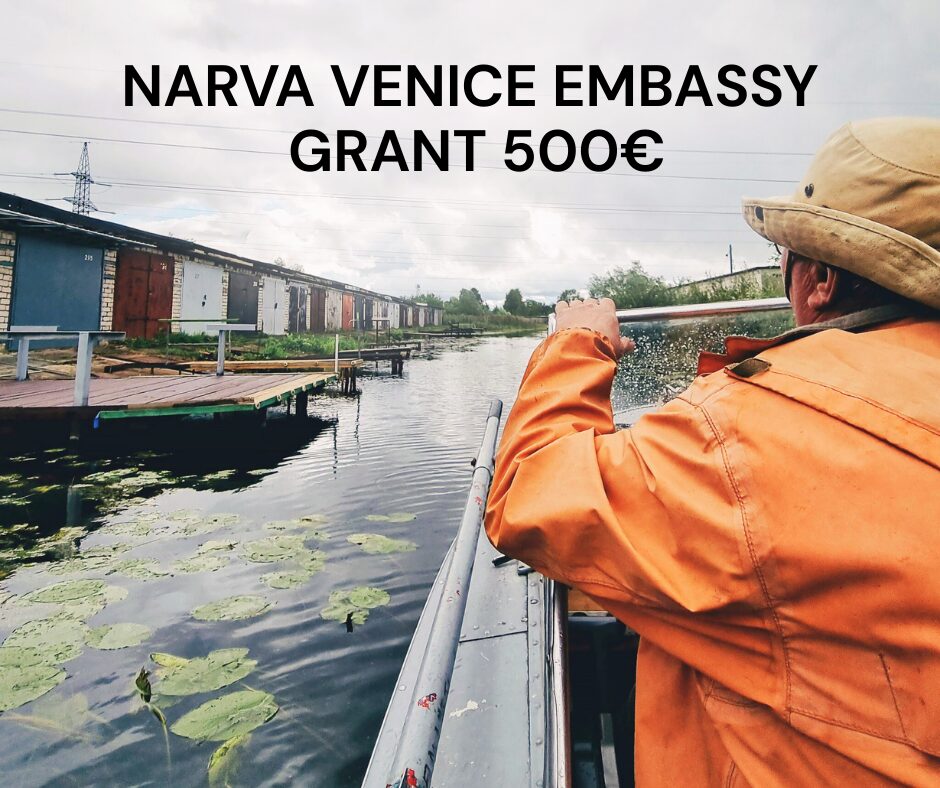One of the largest contemporary art events in Estonia, Tallinn Photomonth takes place from 6 October to 26 November. The main programme of the biennial consists of the international main exhibition Trance held at the Tallinn Art Hall’s Lasnamäe Pavilion, as well as an artists’ film programme in cinema Sõprus, organised in cooperation with the Tallinn Black Nights Film Festival (PÖFF). Partners of the satellite programme include among others Fotografiska Tallinn, galleries of the Estonian Artists’ Association, Juhan Kuus Documentary Photo Centre and Tartu Art House. In addition, the biennial presents an urban space installation that takes place in Tallinn’s trams.
According to Kulla Laas, the artistic director of Tallinn Photomonth and board member of the Estonian Union of Photography Artists (FOKU), the biennial offers a diverse overview of the various expressions of the photographic medium, as well as of the relevant themes in contemporary art today. “I think highly of all our collaborations and hope that the biennial further advances the remarkable contribution that the galleries and artists are making to enliven the local cultural scene. I’m looking forward to seeing how the works of local and foreign artists participating in the main exhibition play out in the still quite unexplored space of the Tallinn Art Hall’s Lasnamäe Pavilion and what kind of synergy will be born between them. I am also excited for the exhibition project of the younger generation of photography artists that will be on display both in Tallinn and Tartu, focusing on the impact of digital culture on our everyday life,” says Laas.
In the heart of the main programme lies the main exhibition Trance held at the Tallinn Art Hall’s Lasnamäe Pavilion and curated by Ilari Laamanen, a New York-based curator of Finnish origin. The theme of the main exhibition emphasises a relevant question in current times: “The exhibition looks into the charm and allure of technology on one hand, and the darker side of these rapid developments on the other. Our daily engagement with screens has become so mundane that without them one might start to feel isolated.” Laamanen adds: “The artists use glitch as a conceptual tool in the exhibition, offering the viewer a chance to take a step back from the technological trance and reflect deeply on the potential meanings of art and images. No matter how complex, enigmatic or ephemeral they may seem.” 17 artists from 8 countries will participate in the exhibition.
In addition to the main exhibition, the main programme of the biennial includes an artists’ film programme that takes place on 16 and 17 November at the cinema Sõprus, and is for the first time also part of the PÖFF Expanded programme of the Tallinn Black Nights Film Festival. The film programme is curated by the Estonian artist and filmmaker Piibe Kolka and New York-based film curator Genevieve Yue. “The programme focuses on co-creation, as well as the different viewpoints and ways of perception that come together in a creative oeuvre. Several of the selected films have been made by duos who are both partners in life as well as in their creative practice; the diverse film programme combines personal and essayistic approaches with more documentary and speculative ones,” says Kolka. As a highlight of the programme, Kolka points out the audiovisual performance Distant Feeler by the Berlin-based duo OJOBOCA which takes place on 17 November and proposes the idea of telepathic cinema.
In the framework of the satellite programme, Tallinn Photomonth collaborates with 9 exhibition spaces in Tallinn (Fotografiska Tallinn, Juhan Kuus Documentary Photo Centre, Vent Space Project Room and galleries Hobusepea, Draakoni, Positiiv, Vabaduse, Tütar and SEEK) and also branches out with one exhibition to the Small Gallery of the Tartu Art House. The group exhibition of young photography artists What Colour Is the Sky Above the Port Today? curated by artist and curator Kaisa Eiche takes place both in Tallinn and Tartu, and features more than 20 young artists. “My aim was to increase awareness among young people, but also to introduce the creative practices of the young photography artists of the two cities to each other. Thematically, the exhibition focuses on the role of technology and the heightened social pressures, which among other things have an eminent impact on our mental health,” denotes Eiche.
In cooperation with the Tallinn public transport Ltd (TLT) Tallinn Photomonth presents also the urban space installation My Hut Is on the Edge by the Poland-based Belarusian photographer Katerina Kouzmitcheva that invites users of Tallinn public transport to reflect on empathy. The photographer emphasises how people today often ignore the social and political issues around them, whether it’s due to fear, ignorance or learned helplessness. Through her installation, Kouzmitcheva invites the audience to symbolically sit in someone else’s chair, aiming to understand the motivations that have shaped the attitudes and reactions of people in society. The project takes place from 15 October to 26 November in two trams in Tallinn, named Eri Klas and Anne Veski, on public transport hours.
View the entire biennial’s programme and participating artists: fotokuu.ee/en/programme.
